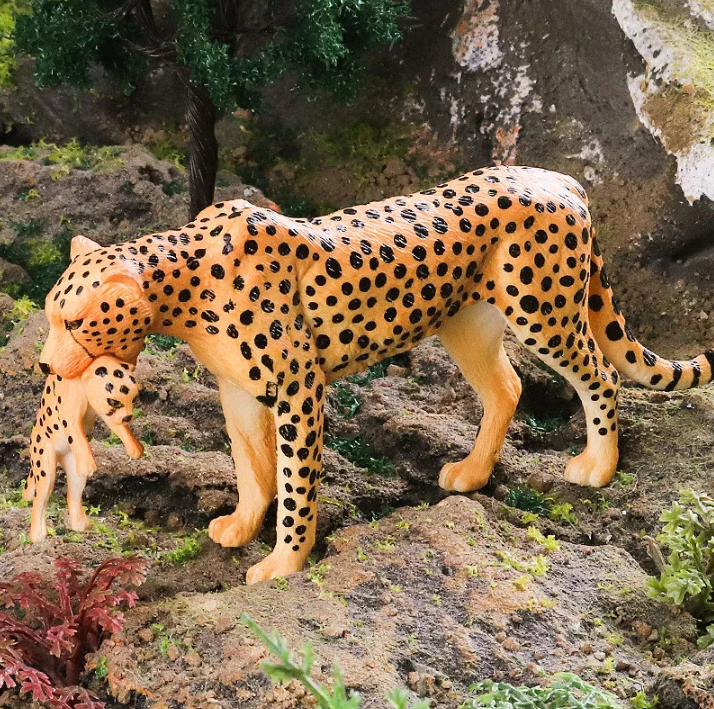Leopards, one of the most charismatic predators on the planet, are known for their graceful posture and powerful hunting abilities. In recent years, the leopard model has become increasingly important in ecological research and biological conservation.
In the ecosystem, leopards play an important role as top predators. They maintain the ecological balance by controlling their prey populations. By studying leopard behavior and habitat, scientists have gained insight into how leopards adapt to environmental changes and human activities. These studies not only provide a scientific basis for protecting the habitat of leopards, but also provide an important reference for maintaining ecological diversity.
In addition, leopard models also play a key role in the field of biological conservation. Leopards are in decline due to the destruction of their habitat and illegal hunting. Through in-depth research on the ecological habits of leopards, conservation organizations are able to develop more effective conservation strategies to promote the recovery of their populations.
In conclusion, the leopard model not only helps the scientific community understand the complexity of ecosystems, but also provides an important theoretical basis for the conservation of endangered species. This makes leopards an indispensable key player in the field of ecological research and conservation.














